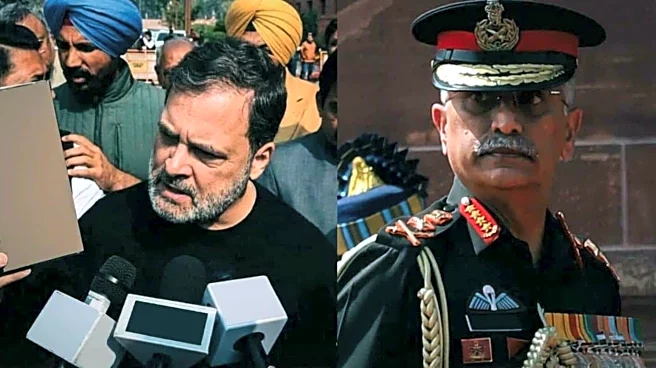Bengaluru focused on startups, Delhi discussions revolved around capital and its reforms, and Chennai focused on techno-led industrial focus. The conversations pointed to a growing consensus that India’s next decade of growth will depend on new innovations, skill sets, an integrated policy framework, and capital.
Across all three events, the speakers agreed that India’s growing startup sector and fast-expanding digital economy are creating momentum. This progress now needs better infrastructure, more financial support, and clear long-term policies.
The discussions in Bangalore prioritised real problem-solving rather than entrepreneurial fads. Founders assessed how investors’ interests have changed from rapid scaling to long-term vision, Movin Jain, Founder of Skydo, captured this shift perfectly. He said
“The capital came when we showed we weren’t chasing a trend… we were solving a deep, overlooked problem with clarity and ambition”.
His comments were representative of leaders’ concern that India’s growth will depend on more disciplined execution alongside sustainable business practices and advanced technological capabilities.
Bengaluru’s leaders also reiterated that Bengaluru’s global standing continues to attract highly skilled manpower and multinationals. This offered it a unique position as the country’s startup ecosystem’s backbone.
Simultaneously, Delhi’s session addressed the evolving profile of India’s entrepreneurial talent and the need for India to increase domestic investments.
Sanjeev Bikhchandani, Founder & Executive Vice Chairman, Info Edge (India) Ltd., noted the increase in public-market participation. He also addressed how early-stage private equity capital is still below global market participation. He stated, “The quality of founders in India today is far stronger than it was 25-30 years ago. Their ambition, audacity, and vision are shaping a startup ecosystem that has never been more vibrant, and I believe this entrepreneurial energy will define India’s next decade of growth.”
The role of capital, especially foreign capital, was a common aspect discussed across all the cities. The importance of foreign banks on the market stability was recognised by PD Singh, CEO of Standard Chartered, India & South Asia, he stated, “Foreign banks have become an integral part of India’s financial history, facilitating 40% of M&A transactions this year, enabling nearly half of the capital raised since January, and managing $900 billion of custodied assets. Their global connectivity and risk management are strengthening India’s market ecosystem.”
His statement was a reflection on how foreign invested capital, modern market regulations, and diversified capital are going to shape the next phase of India’s growth. There was talk of digital transformation, the exponential growth of Global Capability Centres (GCCs), and the evolving technology-oriented manufacturing base of India.
The GCC Head at Saint-Gobain, Anand Bhushan, commented on the potential of artificial intelligence to transform the workforce and said, “AI shouldn’t be treated or feared as a job-taker; it’s a catalyst for skill development. By focusing on upskilling and aligning jobs with capabilities, we ensure that talent remains at the heart of innovation and growth.”
The majority of participants in Bengaluru, Delhi, and Chennai provided a common response. The next economic leap for India will happen with the integration of technology, capital and effective policies.
/images/ppid_59c68470-image-176423004250176622.webp)








/images/ppid_a911dc6a-image-177088522728382126.webp)

/images/ppid_59c68470-image-177088509203227042.webp)
/images/ppid_59c68470-image-177088512602071040.webp)
/images/ppid_59c68470-image-177088515585183979.webp)
/images/ppid_59c68470-image-177088504440359883.webp)